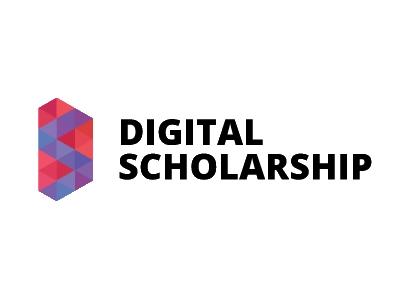
Nasty Women, Private Servers, and Digital Purity Myths
Liz Losh, Associate Professor of English and American Studies, William and Mary University
11.30 am – 12.30 pm, Friday 31 March (with lunch from 12.30 – 13.00)
uCreate Studio, Room 1.12, Main Library
A seminar presented by CAHSS Digital Scholarship, Digital Education and Sociology, University of Edinburgh
This talk argues that the rhetoric surrounding failed U.S. presidential candidate Hillary Clinton’s 2016 email scandals can be understood as the consequences of a particular confluence of gender and technology in which excessive digital privacy is represented as a feminized user choice and digital transparency is presented as a masculinist norm. In visual culture depicting Obama, Clinton, and Trump as users of personal mobile devices in public places Clinton is shown as a secretive user of email, Trump as a demonstrative user of Twitter, and Obama – the digitally fluent president – as a figure of ambiguity, both technologically and in terms of the gendering of digital labor. Using the concept of algorithmic hospitality, this talk also explores how a user’s relationships to non-human servers, peripherals, and portable devices is perceived of as potentially threatening to the sexual order and by extension threatening to political sovereignty.
About the speaker:
Elizabeth Losh is an Associate Professor of English and American Studies at William and Mary with a specialization in New Media Ecologies. Before coming to William and Mary, she directed the Culture, Art, and Technology Program at the University of California, San Diego. She is a core member and former co-facilitator of the feminist technology collective FemTechNet, which offers a Distributed Open Collaborative Course, and part of the organizing team of The Selfie Course.
She is the is the author of Virtualpolitik: An Electronic History of Government Media-Making in a Time of War, Scandal, Disaster, Miscommunication, and Mistakes (MIT Press, 2009) and The War on Learning: Gaining Ground in the Digital University (MIT Press, 2014). She is the co-author of the comic book textbook Understanding Rhetoric: A Graphic Guide to Writing (Bedford/St. Martin’s, 2013; second edition, 2017) with Jonathan Alexander. She is the editor of the edited collection from University of Chicago Press MOOCs and Their Afterlives: Experiments in Scale and Access in Higher Education.
